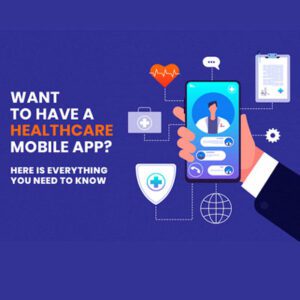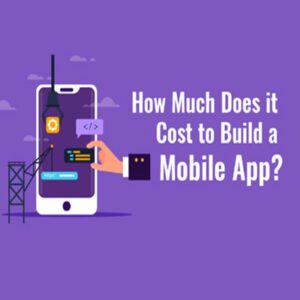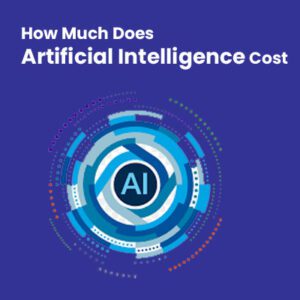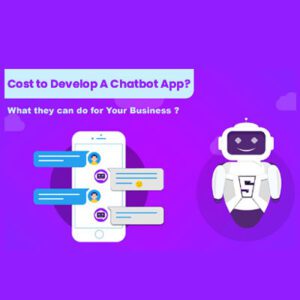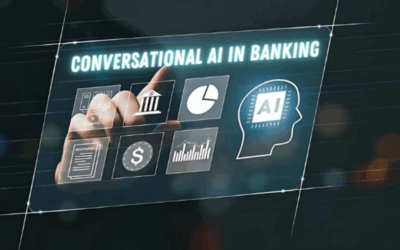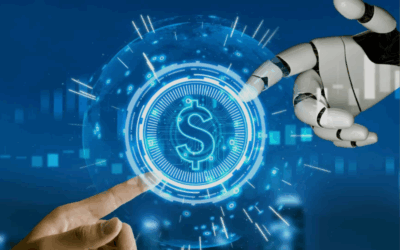5 Powerful Artificial Intelligence In Healthcare Use Cases
5 Powerful Artificial Intelligence In Healthcare Use Cases
Role of Artificial Intelligence (AI) in Healthcare
The use of AI is not limited to any business division. Though being utilized in many sectors, applications of AI use cases healthcare are huge. The global healthcare sector remains one of the fastest-growing sectors in adopting AI.
With more focus on improving patient outcomes, hospitals are increasingly investing in artificial intelligence technology. AI, together with IoT and Cloud technologies, is becoming popular. It builds advanced healthcare solutions to assist physicians.
There are many benefits of AI in the healthcare sector. AI for automation, AI for radiology, AI for drug design, and AI for cancer detection are a few significant use cases of AI in healthcare.
Besides, healthcare companies are using AI virtual assistants to provide continuous services to patients at remote locations.
Herein, we covered the top five (5) potential developments of artificial intelligence in healthcare.
Use Cases of AI in Healthcare
#1 AI-powered Robotic Surgery
Investments in AI-based robots are continuing to climb in the fast few years, especially in the healthcare sector.
Intelligent robots can analyze data from previous medical logs. Based on medical reports of a patient, robots can guide & control a surgeon’s instrument all through surgery.
This process will reduce the time of the patient’s hospital stay. Robot-assisted surgery minimizes surgical incisions, and hence it is considered as minimally invasive surgery.
Generally, using AI, robots use data from previous tasks to introduce new medical procedures. In addition, it was proven that the complication rate is less with AI-powered robotic surgery.
I hope you’ve heard about the da Vinci Surgical System. It is a robotic surgical system developed by Intuitive Surgical Inc., (an American manufacturer of robotic products). It can enhance the patient’s outcome with minimum surgical incisions. This intelligent system allows doctors to do virtual surgical processes with more confidence and control.
Further, robots automatically learn from medical records. Hence, the positive results delivered by intelligent robots are helpful for physicians.
#2 AI-based Virtual Nursing Assistants
It is one of the best use cases of Artificial intelligence in healthcare. AI virtual nursing assistants maintain a smooth interaction with patients. They provide solutions for patient queries and also helps physicians in knowing their patient’s conditions.
These assistants reduce hospital visits and also lessen the load on physicians. The value of AI-based virtual nursing assistants is approximately $20 billion per annum.
USM Business Systems provide employee/self-service mobility solutions for the healthcare industry. We create intelligent mobile solutions that reduce admin costs. Know more about what type of healthcare apps supports your business growth @ USM.
#3 Artificial Intelligence in Support Diagnosis
AI is playing a critical role in the healthcare industry. The healthcare segment is an open area for implementing intelligent technologies. Using AI tools and devices, healthcare service providers are providing improved healthcare services.
A noteworthy point is that the implementation of AI technologies in healthcare will helps physicians efficiently treat life-threatening diseases.
For instance, AI is highly using for detecting tumors. Few diseases are difficult to diagnose like oncology and cardiology diseases. However, AI-based diagnosis help doctors to provide treatment at the right time.
Besides, Machine Learning (ML) and deep learning algorithms also benefiting the healthcare industry. These technologies enable machines to learn from data and deliver insights into patient’s data. Hence, the doctors can check and analyze the severity level of the disease.
Likewise, AI-based wearables are developed to detect cardiac diseases in early phases. Thus, AI devices, together with IoT & cloud, avoids human errors and automates diagnosing process.
#4 Automate Administrative Tasks
AI in healthcare automates end-to-end administrative functions. It could help the healthcare industry to save approximately $18- $20 billion every year.
AI-powered machines are the best examples of artificial intelligence in healthcare for cutting admin costs. The AI systems are well-trained to perform all administrative tasks with more accuracy and efficiency.
#5 AI for Image Analysis
Manual image analysis takes a long time and leaves minimum human errors. But, Artificial Intelligence machines using deep learning can view and scan thousands of medical images simultaneously. AI systems for radiology detect patterns of various diseases. This feature of AI in healthcare allows radiologists to diagnose a disease exactly.
The role of AI in healthcare is not only limited to these healthcare applications. AI also be used for CT scans, drug discovery, pregnancy management, brand marketing, Management risk analysis, and many more.
USM has a proven AI solution for healthcare. Our patient data analytics solutions efficiently manage patient’s records. USM’s AI solutions bring a real-time communication platform where service providers and patients can interact 24*7.
Moreover, through Artificial intelligence-powered image analysis, healthcare service providers can also aid patients in remote locations.
Telemedicine service is the best example for this scenario. This innovative healthcare service allows patients to send images of rashes, cuts, etc., and get help from doctors to determine the disease and provide necessary treatment.
The future of AI in healthcare
The future of AI in healthcare will be around hybrid models. Over the next few years, AI handovers treatment planning, disease identification, and image processing. The faster adoption of AI in healthcare enhances operational efficiency, prevents risks, and delivers improved patients outcomes.
Conclusion
Health matters for everyone. Right?
When a physician saves minutes means that he is saving lives.
Artificial intelligence and machine learning technologies consume less time in detecting and analyzing diseases and health conditions. AI tools for healthcare supports service providers deliver faster services to their patients.
If you are looking for an AI solution for healthcare, USM is your best partner. Get your artificial intelligence solution for healthcare now!

